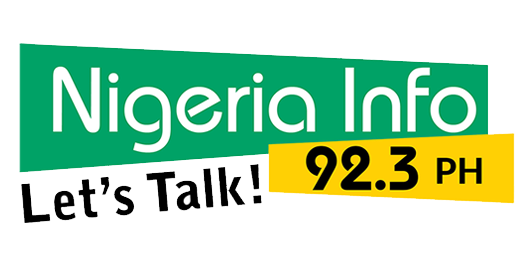
Social media has undoubtedly altered our lives for good. We connect with friends and family with ease, keep up with current events instantly, and are entertained like never before.
Undoubtedly, it is an incredibly powerful tool that facilitates the sharing of information quickly around the world – yet not all this communicated knowledge may necessarily be accurate or even beneficial to those exposed to it.
Too often users of social media platforms fall prey to unfounded health misinformation due to its sheer pervasiveness within digital communities. Where does this type of content originate?.
Social networks also increase exposure via targeted advertising based on user searches which makes WhatsApp especially susceptible given its end-to-end encryption hinders tracking the source data being shared. Platforms fueled by ‘likes’ create an incentive system that often encourages extreme content relative to fact-checked articles offering counterarguments, if there are any at all. This leads to echo chambers rather than open conversations about alternative options and solutions. The spread of gossipy fake news could lead to dangerous consequences among vulnerable groups, most notably individuals seeking medical advice and women undergoing fertility issues anxiously looking online for health solutions.
The Rise of Health Misinformation on Social Media
Social media platforms have provided a breeding ground for the rapid dissemination of health-related misinformation. With the ease of sharing information, anyone can become a self-proclaimed expert, spreading unverified claims and pseudoscience. The lack of fact-checking mechanisms and the viral nature of these platforms contribute to the amplification of false information. Additionally, social media platforms are designed to keep users engaged and active, which can lead to the sharing of posts that are not accurate or true. Furthermore, the algorithms used by social media platforms are designed to prioritize posts that get a lot of engagement, which can lead to the spread of misinformation.
The Impact on Health Communication
The proliferation of health misinformation on social media poses a significant challenge to effective health communication. Misleading content can lead to confusion, fear, and even dangerous behaviors among individuals who rely on social media as a primary source of health information. Trust in healthcare professionals and evidence-based practices may be undermined, resulting in a public health crisis. Regulatory bodies must take steps to address the rise of health misinformation on social media. Education campaigns should be launched to inform the public about the dangers of health misinformation and the importance of trusting reliable sources. Social media companies should also take responsibility for the content that is posted on their platforms.
The Consequences of Believing Health Misinformation
Believing and acting upon health misinformation can have severe consequences for individuals and society as a whole. From self-diagnosis based on inaccurate information to the rejection of proven medical treatments, the effects can be detrimental. Furthermore, the spread of misinformation can fuel vaccine hesitancy and contribute to the resurgence of preventable diseases. According to a survey by Tebra, one in four people said they had diagnosed themselves with an illness or disease based on information found on social media. This is a serious issue, as it can lead to people not taking the necessary steps to treat their conditions, or even worse, taking potentially dangerous medications or treatments. It is important for people to be mindful of the information they consume and to be skeptical of sources that are unverified or unreliable.
Addressing the Issue
Tackling health misinformation on social media requires a multi-faceted approach. First and foremost, social media platforms need to take responsibility by implementing robust fact-checking systems and algorithms that prioritize reliable sources. Collaboration between technology companies, policymakers, and health organizations is crucial to combat misinformation effectively. Additionally, education and awareness-raising campaigns should be implemented to inform the public about the risks of misinformation and ways to reduce it. Finally, research and monitoring are needed to track the spread of misinformation and its effects.
Empowering Digital Literacy
Equipping individuals with the necessary skills to critically evaluate health information is essential. Promoting digital literacy and media literacy education can empower users to discern reliable sources from misinformation. By fostering a culture of skepticism and encouraging evidence-based thinking, we can reduce the impact of health misinformation on social media. This can be done by teaching individuals how to critically assess the quality of health information and to recognize signs of misinformation, such as biased reporting, false or exaggerated claims, and deceptive language. Additionally, teaching individuals about the importance of fact-checking and verifying sources can help to ensure that health information is accurate and reliable.
Conclusion
The combination of social media and health misinformation in the digital realm has become a toxic duo with far-reaching consequences. Individuals, communities, and policymakers must work together to combat this phenomenon. By raising awareness, enhancing digital literacy, and holding social media platforms accountable, we can mitigate the harmful effects of health misinformation and foster a healthier online environment.


